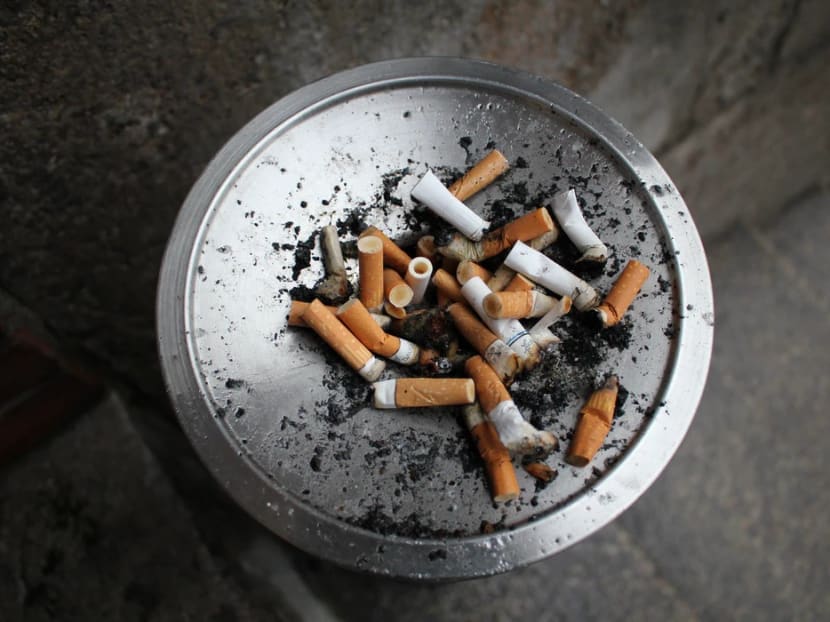Curb harmful effects of secondhand smoke from homes during circuit breaker
Circuit breaker rules to slow the spread of Covid-19 have meant that more than 80 per cent of Singapore’s labour force is working from home.

Non-smokers, the writer says, have been forced to become passive smokers during the circuit breaker, with secondhand smoke drifting into their homes round-the-clock.
Circuit breaker rules to slow the spread of Covid-19 have meant that more than 80 per cent of Singapore’s labour force is working from home.
This practice will continue to some extent after the circuit breaker is gradually eased from June 2.
Previously, non-smokers got a reprieve during working hours when their smoking neighbours were at work.
With smoking deemed by the National Environment Agency as “not an essential purpose”, smokers can now have their cigarettes outdoors only when they leave home for essential purposes, such as to buy food or work in a job that provides an essential service.
This restriction has resulted in smokers lighting up at home at any time of the day, as there is no ban on smoking within homes.
Non-smokers are thus forced to become passive smokers, with noxious secondhand smoke drifting into their homes round-the-clock from units upstairs, downstairs and on the same storey.
Every floor of my condominium block has at least one smoker.
My non-smoking neighbours and I have been experiencing worsening respiratory irritation and asthma since the start of work-from-home arrangements. No relief is in sight.
The World Health Organization has issued an advisory saying that smokers are likely to be more vulnerable to Covid-19 as smoking means fingers and possibly contaminated cigarettes will come into contact with their lips, raising the possibility of virus transmission from hand to mouth.
Smokers, who may already have compromised lungs, are also at increased risk of serious illness.
Moreover, people who have cotinine (a metabolite of nicotine that accumulates because of tobacco exposure) in their bodies, even at the low levels associated with secondhand smoke, have a much higher risk of acute respiratory failure.
This puts them at greater risk of dying from acute respiratory distress syndrome, which is a major complication of Covid-19.
In the absence of bans and punitive measures, the least the authorities can do is moral suasion.
Step up efforts to educate smokers about the increased risk of Covid-19 due to smoking, as well as the harms of secondhand smoke that they inflict on family members and neighbours, who are stuck at home with nowhere to escape.
If we fail to act, we could see an increase in heart attacks, strokes and cancers among our otherwise-healthy passive smokers. This would further strain our already-stretched healthcare system.
Have views on this issue or a news topic you care about? Send your letter to voices [at] mediacorp.com.sg with your full name, address and phone number.






